Anati
Writing in almost all of the native settlements on Lemuria is in Aniti and it's a native tongue to all those who arrived with the island. However, the natives quickly picked up the need to communicate in the ligua franca of the world they had arrived in - English. Some of them have picked up a couple of words or phrases in other Earth languages represented amongst the new arrival, but for the most part - they keep to Anati and English.
Writing System
Just like in many other languages, the same symbol is sometimes used to represent a few different sounds and the reader is expected to know which one. Compare the letter 'a' in the words 'father' and 'rat' in English, for example. Likewise, there are times when symbols exist in a word for etymological reasons that are no longle applicable. However, for the most part, these are the sybols used in modern Anati along with the sound(s) they represent.
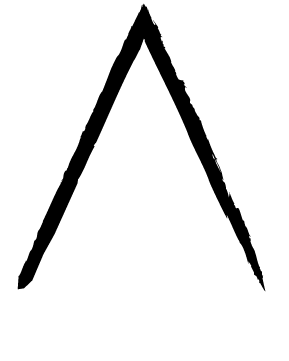
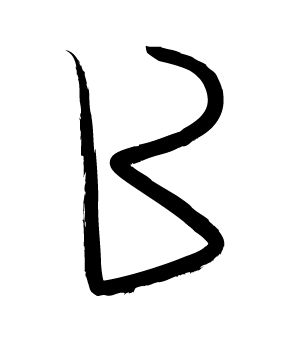
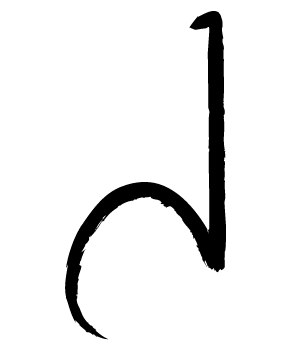
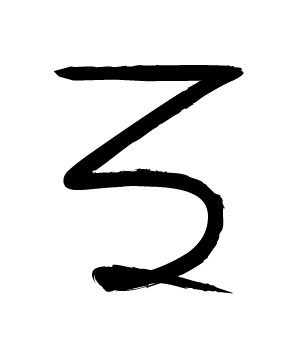
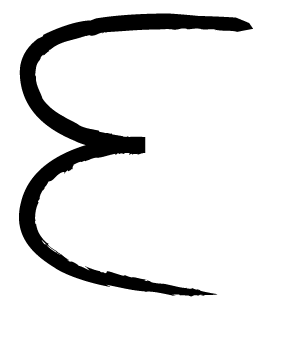


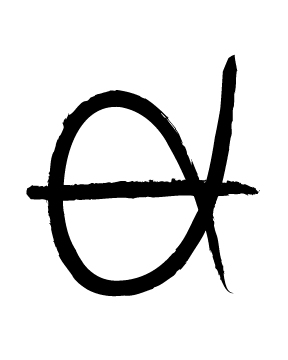
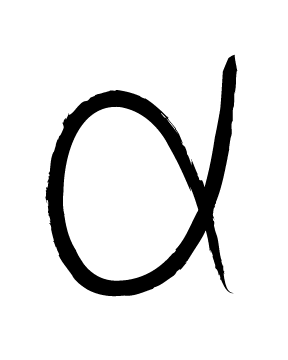
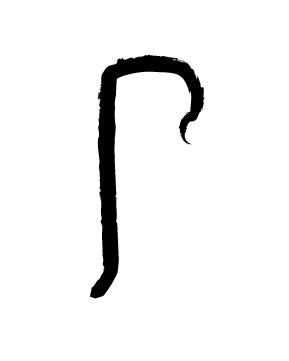
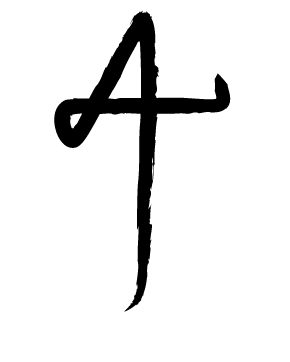
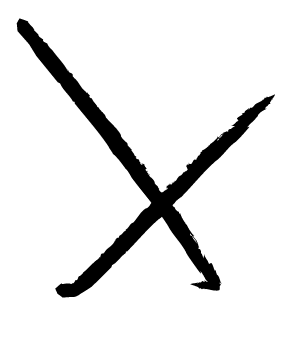


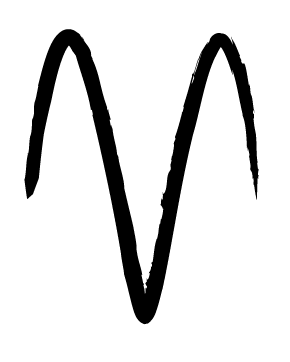
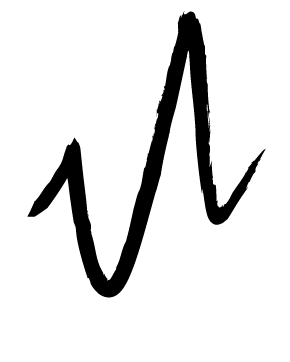
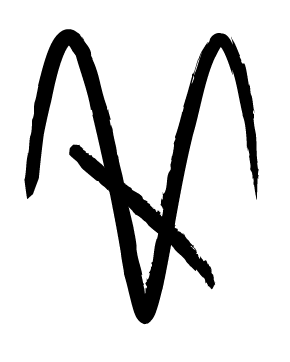
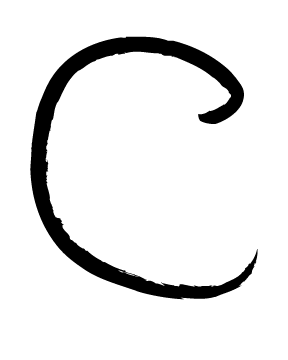
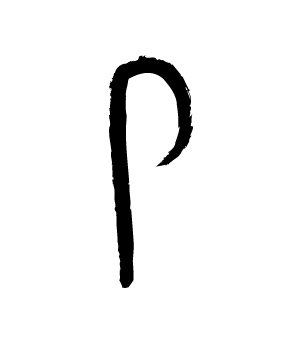


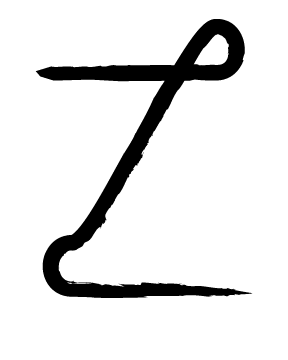
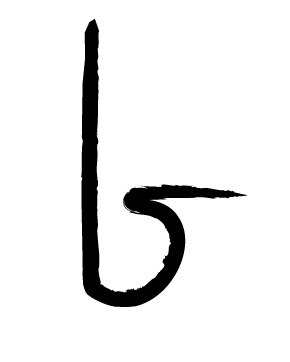
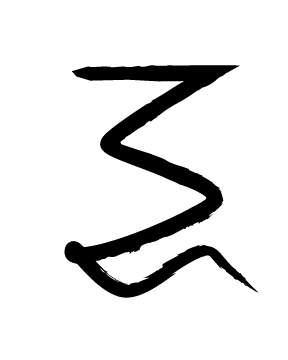
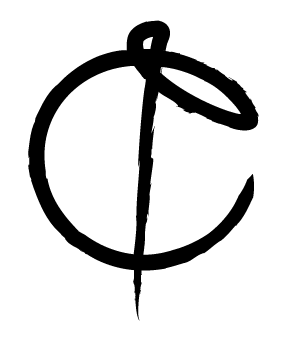
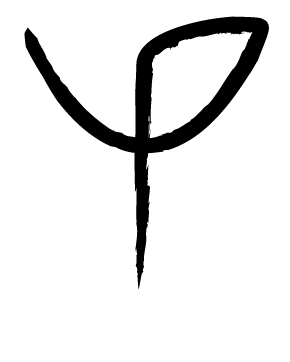
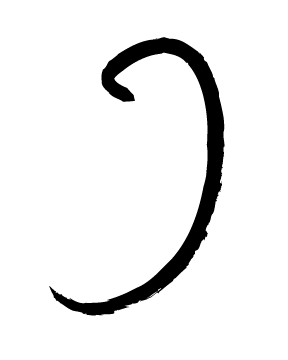

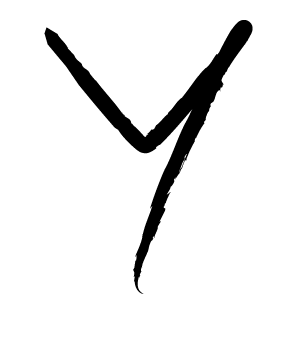
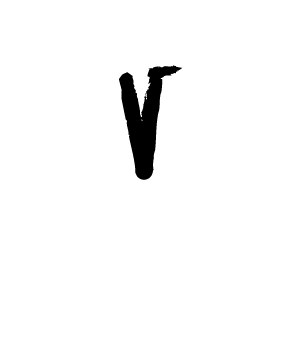

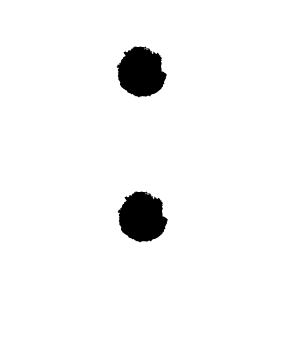
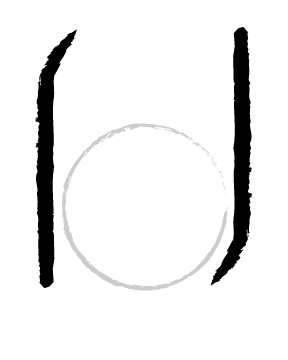


Numbers
The Anati number-system uses 12 as its base rather than 10 like most on Earth are used to. This means that just like the arabic base ten for from one digit to two when it goes from 9 to 10, Anati uses only one digit up to 11 and switches to two in order to write the number 12. In written form, it subdivides 12 ino repeating patterns, making them relatively easy to follow, though the change in base can still be tricky for many from Earth. Examples of the pattern are given here.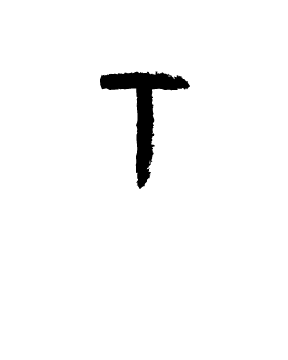 | Zero. |
 | One. |
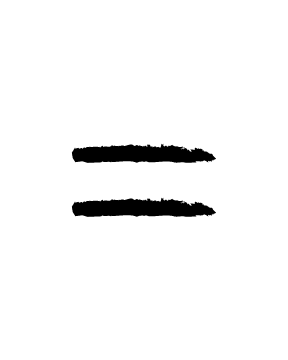 | Two. |
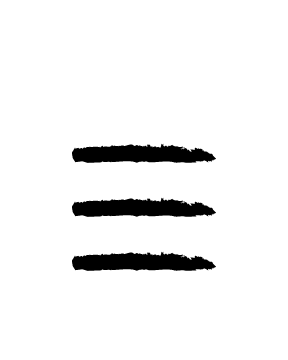 | Three. |
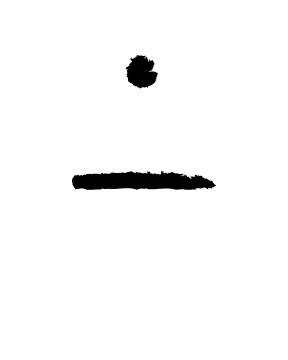 | Four. |
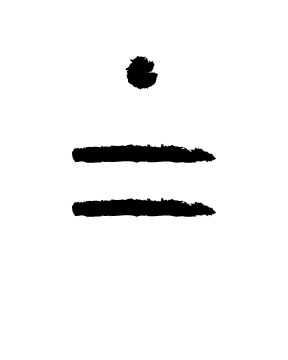 | Five. |
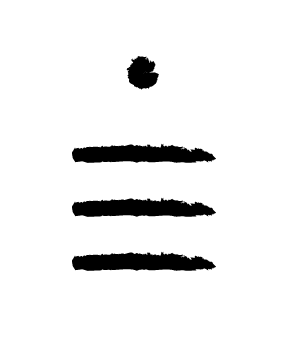 | Six. |
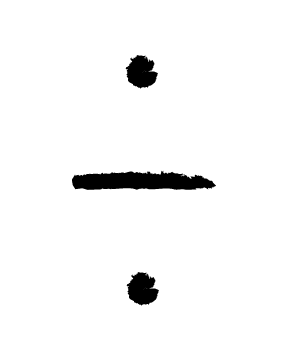 | Seven. |
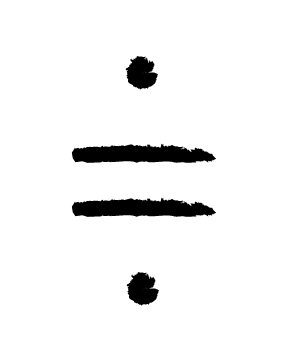 | Eight. |
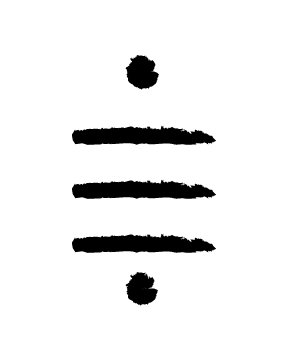 | Nine. |
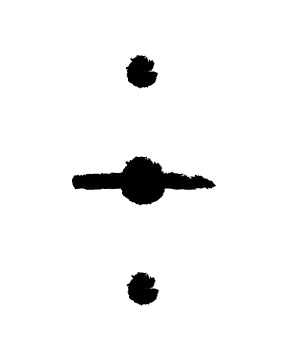 | Ten. |
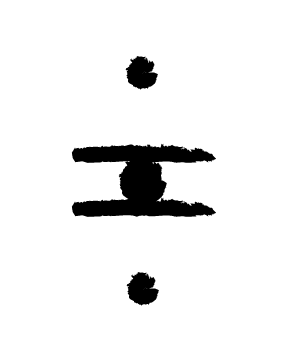 | Eleven. |
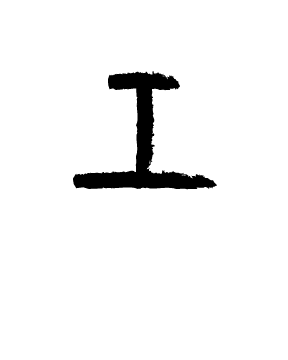 | Twelve. |
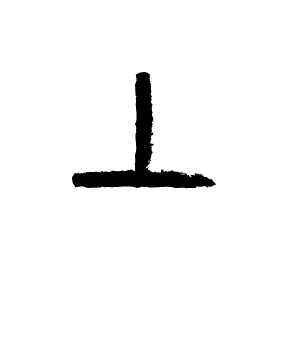 | Thirteen. |
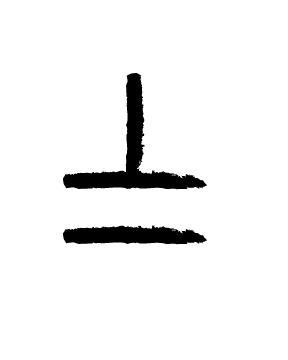 | Fourteen. |
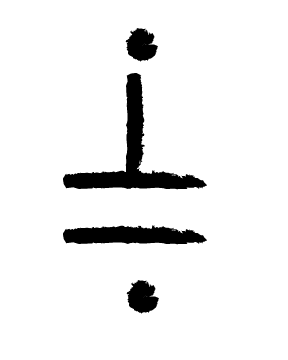 | Twenty. |
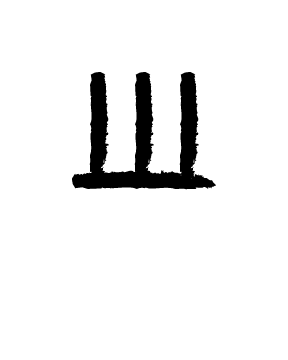 | Thirty-six. |
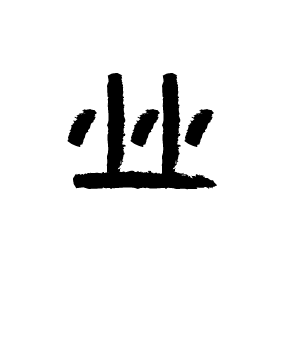 | Hundred-and-thirty-two. |
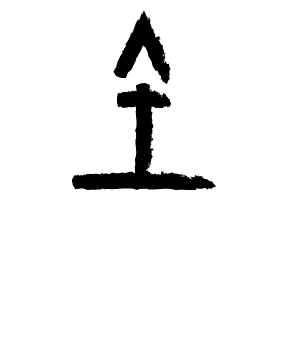 | Hundred-and-forty-four. |
Phonology
Impossible combinations
These are the sounds that cannot exist in these combinations, not to be confused with romanized spelling.- ɛ, ʌ, and æ cannot appear at the end of a root.
- ʊ cannot be followed by a vowel.
- ɪ and i can't be next to each other.
- ɪ cannot be preceeded by a consonant cluster if those are the only parts of a root.
- j cannot have more than one consonant on either side.
- i, iː, u, uː, ə, and ɜː cannot be followed by an r-sound.
- A fricative cannot be followed by θ or ð.
- gz followed by a vowel cannot be at the end of a word, even if there is one or more consonants between the vowel and the word-ending.
Sound changes
- If an r-sound is preceeded but not followed by a vowel, it disappears and instead adds rhoticity to the preceeding vowel. If that vowel is not a, ɑ, or ɑː; the resulting sound becomes ɚ.
- An r-sound followed, but not preceeded, by a vowel-sound becomes ɹ.
- If h appears at the beginning of a word and is before a back, low, or near-low vowel; it changes into x.
- u and uː turns into ʊ at the beginning of a word.
- A nasal sound before ŋ becomes ə if it's preceeded by a consonant and disappears if it's not.
- If a phoneme appears twice (and, intheory, more) in a row, it is pronounced as a long version of itself. If the phoneme is a stop, it, any extra compies merge into one and if it is immediately preceeded by a vowel, it becomes a longer form of itsel, or the closest vowel that has a long form (possibly əː). An exception is ʔ, which never alters the vowel and only merges.
- If two vowels follow each other, they typically form a diphtong, or become an elongated version of itself if they are the same. If a diphong would get a third viwel sound next to it, that sound disappears. If a long vowel ends up near another vowel, it becomes hort and forms a diphthong. In some cases, meges or the removal of a sound that would be too much might lead to the final remaining vowel to become mid-centralised.
- If x is preceeded by a vowel and that vowel isn't at the beginning of a word, itdisappears. If it was also followed by a vowel, it turns into a syllable break instead.
Morphology
There are some general guides for how to change a word into a different kind of word. These aren't always applicable as some words have their own root word rather than being derived. If a word already has the affix as part of its root, it might lose one of the sounds that would have been part of the addition. Typically, if the sound closest to the end of the root the affix would attached to is a vowel, the vowel closest to it from the affix is ignored. Vice-versa goes for consonants. If this would create an illegal cluster or remove all parts of the affix, either ʌ, ə, or ʔ (in that order of frequerncy) is inserted between the root and the affix (or just to the root if none of the orgiginal affix is left.
Phonetics
Consonants
| Manner ↓ / Place → | Bilabial | Labiodental | Dental | Alveolar | Palato-alveolar | Palatal | Velar | Glottal |
|---|---|---|---|---|---|---|---|---|
| Nasal | m | n | ŋ | |||||
| Stop | p b | t d | k g | ʔ | ||||
| Trill | r | |||||||
| Affricative | ʧ ʤ | |||||||
| Fricative | f v | θ ð | s z | ʃ ʒ | x | h | ||
| Approximant | ɹ | j | ||||||
| Lateral approximant | l |
Vowels
| Front | Central | Back | |
|---|---|---|---|
| High | i iː ʏ | u uː | |
| Near-High | ɪ | ʊ | |
| Middle | ə | ||
| Low-Mid | ɛ | ɜː | ʌ ɔ |
| Near-Low | æ | ||
| Low | a | ɑ ɑː |
Sentence Structure
Adjective Order
Dictionary
Iikar! /ɪkʰɑːr/
Hello!
Halimera! /xɑlimɛːɹɑ/
Good morning/day!
Idraq halimeret! /ɪðraq xɑlimerə/
Have a good day!



Comments